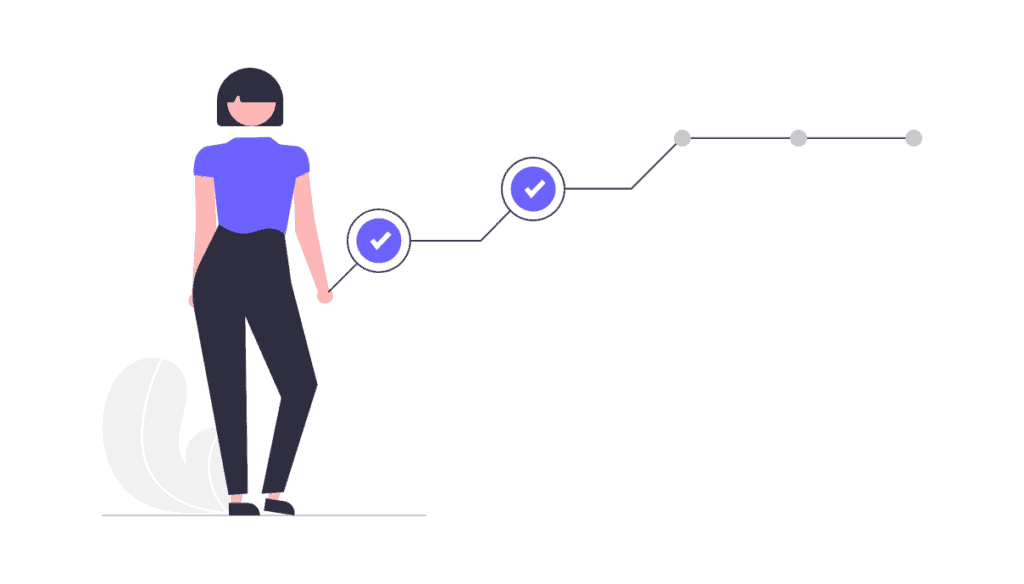Yesterday Apple’s CEO Tim Cook announced that Apple would be rolling out their own version of individual, paid subscriptions to podcasts on their platform.
This is a fantastic development for the podcasting industry, and for creators who want to directly monetize their content.
Here at Castos, we’ve been screaming from the mountain tops for a while now about the benefits of Private Podcasting, and the many ways that you can integrate it into the tools and workflows you already use in your brand.
And yesterday’s announcement by Apple just brings the concept of Private Podcasting much more mainstream so that creators and the podcasting ecosystem will increasingly see the value of this as a medium to pay attention to.
Details of Paid Subscriptions on Apple Podcasts
Here’s a quick rundown on the details of Apple’s new paid subscription offering:
- You as the creator pay a $19.99/year fee to be part of the Creator program. This gives you access to the toolset to offer paid subscriptions for your episodes.
- There is no ability for you to see who has subscribed to your premium content or contact subscribers
- You can price subscriptions based on subscriber location
- This is not RSS feed driven and there is no connection to your other, existing podcast content
- Apple will take a 30% cut of the revenue in the first year, and 15% in subsequent years
- Content has to be manually uploaded to Apple’s platform on an individual episode basis
In a lot of ways, this is a great development for the podcasting ecosystem.
Apple, historically the biggest player in podcasting and the platform that really sparked podcasting as a content medium, has historically not tried to assist creators at all with monetizing their shows..
But when the most established (by some accounts Apple is not the biggest listening source for some shows) player in the industry hops on the Private Podcasting bandwagon it’s a great sign for those of us who have been talking about the benefits of this as a content medium for years.
What this means for you
The big question is, what does this mean for you as a creator?
Here are a few things to consider when determining whether an offering like the paid subscription model from Apple is the right fit for you:
Do you want a standalone tool?
If all you want to do is charge money for your content, then Apple’s new program may be a good fit.
Granted they will take 30% of your revenue, and you won’t be able to contact your listeners when you want to make announcements about the show or your brand, but if you want the “Easy Button” to monetize your show this may be a good option.
psst, if you want more control over the experience of your paid subscribers, be on the lookout for a big announcement from Castos shortly…we’ll be offering the ability to charge for access to your content directly from our platform, and no, we won’t be taking 30% of your earnings. And you’ll control the relationship with your subscribers.
Apple certainly has built-in reach to a large number of podcast listeners (especially in the US), but by all accounts, that market share is dwindling compared to the rise of platforms like Spotify and Amazon Music.
Do you need to connect your Private Podcast to other tools you already use?
While Apple’s paid subscriptions are a great way to directly monetize your show as a standalone tool if you’re looking to connect your Private Podcast to other channels where you already reach your audience you’re out of luck.
As opposed to using a direct integration with your membership platform, or via Zapier, where you can seamlessly add and remove Private Subscribers to your podcast, Apple’s ecosystem will be a disconnected experience for your listeners and for you as a creator.
Those who are looking to add Private Podcasting as an extension of their membership site, online course, community, or internal company communications program will want to opt for a solution like Castos’ Private Podcasting where you can directly tie in the tools you already use to your Private Podcast.
Do you want control over who has access to your content?
One of the big differences between paid access to your content and Private Podcasting is that with the latter you choose who has access to your content.
If all you’re aiming for is to monetize your podcast so you can focus on being a creator then a program like Apple’s may be good for you (or our own upcoming Premium Podcasting).
But say you’re a company that wants to run an internal podcast to onboard new employees, or you’re an online community that wants to offer member-only content to your paid members, or you run a digital course and want to offer bonus content to students. You don’t want just anyone to be able to access your podcast content. You want to have fine-grained control of who and how listeners can access your Private Podcast.
The future of Private Podcasting
Overall we couldn’t be happier that Apple has (finally) seen the value of Private Podcasting as a way for podcasters to create deeper connection with their audience.
Debunking the myth that a CPM-based ad model is the only way for creators to make money directly from podcasting is a huge step in the right direction for the podcasting industry, and especially for creators.
The ability for podcasters to directly get paid for their content, without selling out to the highest bidder, means that they can focus on creating incredible content, connecting with their audiences, and growing their brands.
Welcome, Apple, to the Private Podcasting movement!



